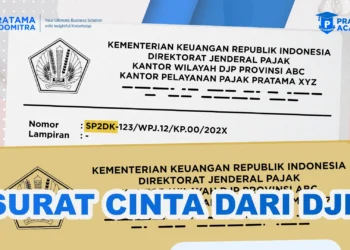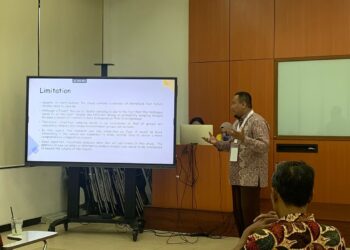“The Republic of Indonesia is a legal state founded on Pancasila and the 1945 Constitution, which upholds the rights and obligations of its citizens. Consequently, taxation, as a manifestation of state obligations, serves as a means for citizens to participate in state financing and national development.”
The above sentence is an excerpt from the preamble to the Income Tax Law (UU PPh) Number 7 of 1983, which came into effect on January 1, 1984. Notably, 1983 was a significant milestone in the history of tax reform in Indonesia, as it also saw the promulgation of two other key statutory provisions: Law No. 6 of 1983 concerning General Provisions and Tax Procedures (UU KUP) and Law No. 8 of 1983 concerning Value Added Tax and Sales Tax on Luxury Goods (VAT and PPnBM Law).
Until the fourth amendment to the Income Tax Law, regulated by Law Number 36 of 2008, the considerations mentioned above remained largely unchanged, with the only modification being their relocation to the general explanation section. What we need to emphasize from the initial quote is that, from the very beginning, the government and parliament have mutually agreed to regard taxes as a crucial instrument in national development.
However, four decades after the promulgation of the regulation, our tax base remains relatively weak. While the tax-to-GDP ratio (tax ratio) in developed countries averaged 34 percent in 2022 (OECD, 2023a), Indonesia’s tax ratio is still around 10.9 percent (OECD, 2023b). This ratio is even lower than that of other developing countries in the region, such as Fiji (15.1 percent) and Papua New Guinea (12.1 percent).
The question then is, what factors contribute to our low tax ratio? Despite growing awareness of tax obligations, compliance remains an issue.
This is evident from common arguments within society, such as:
“My neighbors don’t pay taxes either, so why should I?”
“Ah, it’ll just end up being embezzled!”, and so on.
In these circumstances, the government must build trust by consistently demonstrating that the taxes collected are genuinely used for the benefit of the broader community.
There needs to be ongoing engagement between citizens and the relevant authorities to overcome reluctance to pay taxes.
Taxes are fundamentally the result and embodiment of the social contract between the state and its citizens. If the state fails to provide services or meet basic needs in return for the taxes it collects, citizens will begin or continue to evade taxes.
This perspective does not align with the classical paradigm of taxation in our system. According to Article 1, number 1 of the KUP Law, taxes in this classical paradigm are still viewed as something coercive, without providing direct rewards to the taxpayers.
Therefore, a paradigm shift is necessary in redefining taxation within a contemporary framework (Rosdiana & Irianto, 2018). Among these shifts is the idea that taxes must contribute to the community, prioritizing the direct benefits that taxpayers experience. The discourse of increasing officials’ salaries under the pretext of reducing corruption, which has gained traction recently, is actually contradictory to this paradigm.
Following the paradigm shift, it is imperative to develop the concept of tax democratization, considering the heightened public awareness leading to increased demands for transparency in tax administration (Rosdiana & Irianto, 2018).
Transparency in tax fund management is an integral aspect of citizens’ rights, as they entrust part of their wealth to the government. As stated in our Income Tax Law, paid taxes play a crucial role in national development, and citizens must ensure that this role is effectively realized in government programs.
In the perception of citizens in general, trust that tax allocations are appropriately distributed for the common welfare needs to be strengthened through the government’s consistent efforts to provide transparency. Through this process, the mutual trust built between the government and citizens will position taxes as a stable democratic instrument.
This can be illustrated, for example, by optimizing the government’s role in providing the best services for citizens. From a citizen’s perspective, paying taxes entitles them to full rights, including determining who is worthy of representing them in government and parliament (Aronson, 1985).












